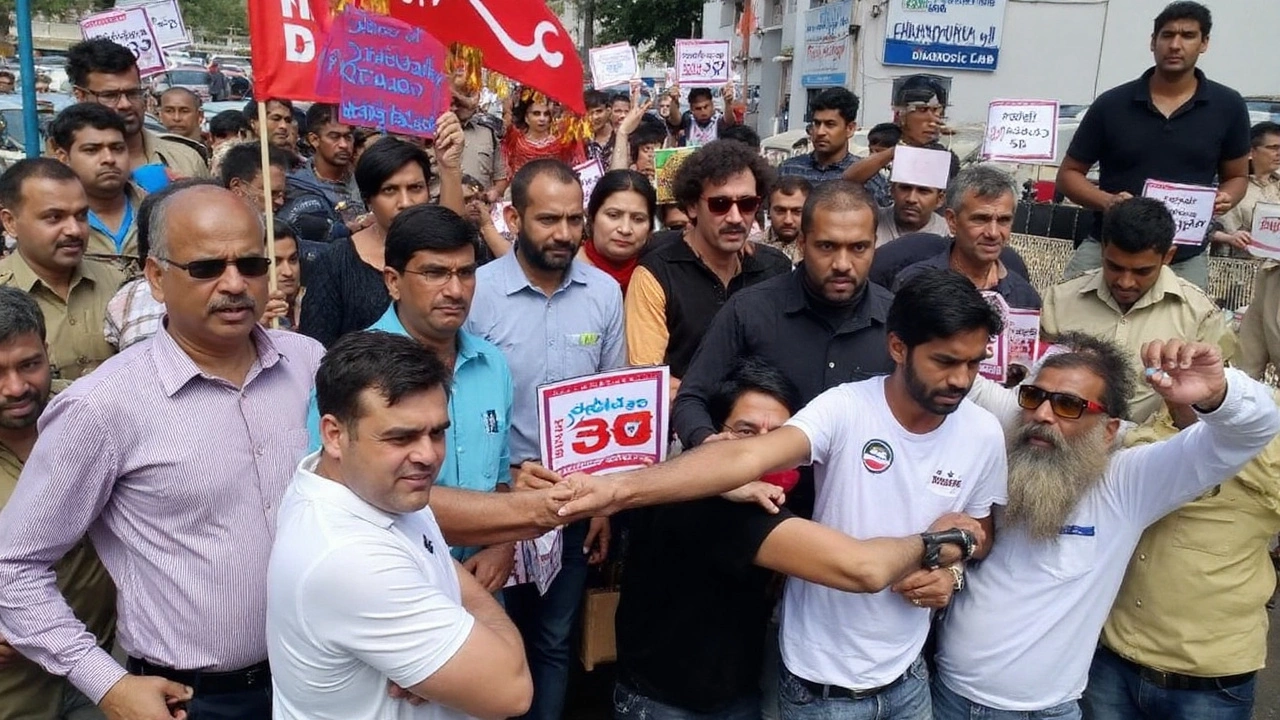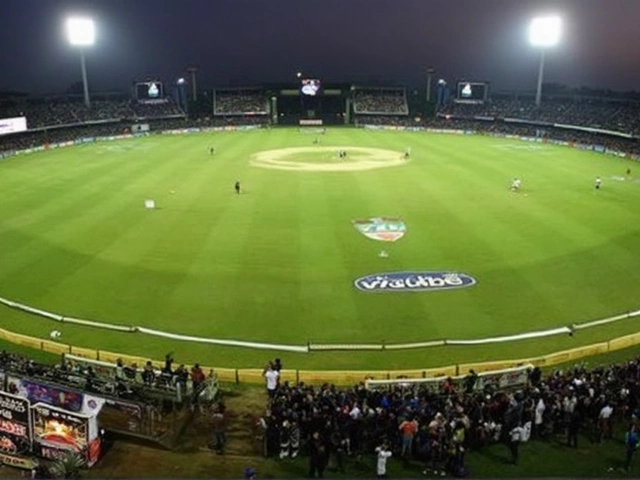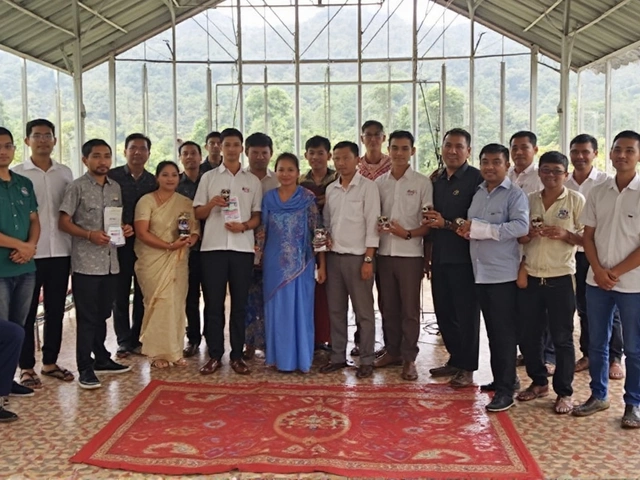Article 370: What It Is and Why It Matters
You've probably heard the term "Article 370" in the news, but what does it actually mean? In plain words, it was a special part of India's Constitution that gave the state of Jammu and Kashmir its own set of rules. While the rest of India followed one set of laws, J&K could keep some of its own. That made the region unique and, at times, controversial.
Understanding this article helps you see why certain political debates happen and what the recent changes really mean for everyday people living there.
Origins and Core Provisions
Back in 1949, when India was shaping its Constitution, leaders decided to treat Jammu and Kashmir a bit differently. The state had just joined India after a turbulent period, and the government wanted to respect its special circumstances. Article 370 was the result – a clause that said the Indian Parliament could only make laws for J&K with the state's consent.
Two key points made it stand out:
- Limited applicability: Most central laws, like those on taxes or criminal codes, didn't automatically apply to J&K.
- Separate flag and constitution: The state could have its own flag and a constitution that suited local needs.
These provisions meant that residents of Jammu and Kashmir enjoyed a level of autonomy that other Indian states didn't have. For example, property owners from other parts of India couldn't buy land there without special permission.
Recent Changes and What They Mean
In August 2019, the government decided to revoke Article 370. Instead of a gradual change, they used a presidential order to nullify the special status overnight. The state was also split into two union territories: Jammu & Kashmir, and Ladakh.
What does this mean for you?
- Uniform laws: Central laws now apply across the region, just like in the rest of India. This affects everything from tax rates to criminal procedures.
- Property rules: People from other states can now buy land in the former J&K region, opening up new investment opportunities but also raising concerns about cultural impact.
- Political representation: The two new union territories have different administrative setups. Jammu & Kashmir has its own legislature, while Ladakh is directly governed by the central government.
Many locals feel the move changed their everyday life. Some welcome the development prospects, while others worry about losing cultural identity. The government says the change will bring growth, better infrastructure, and more jobs.
If you're following the news, you'll notice debates about human rights, security, and economic development. The reality is that the region is still adjusting, and policies keep evolving.
Bottom line: Article 370 was a constitutional tool that gave Jammu and Kashmir a special degree of self-rule. Its removal means the area is now under the same legal framework as the rest of India, bringing both opportunities and challenges. Keep an eye on how the new laws affect things like land ownership, taxes, and local governance – those are the aspects that will shape everyday life there in the coming years.
Udhampur Sees Strong Protests and Counter-Rallies Six Years After Article 370 Abrogation
Six years after Article 370 was repealed, Udhampur saw heated demonstrations by NC and Congress demanding the return of statehood and democratic rights for Jammu and Kashmir. Meanwhile, BJP held celebratory Tiranga rallies, highlighting development. Minor incidents occurred, echoing similar protests across the state.





